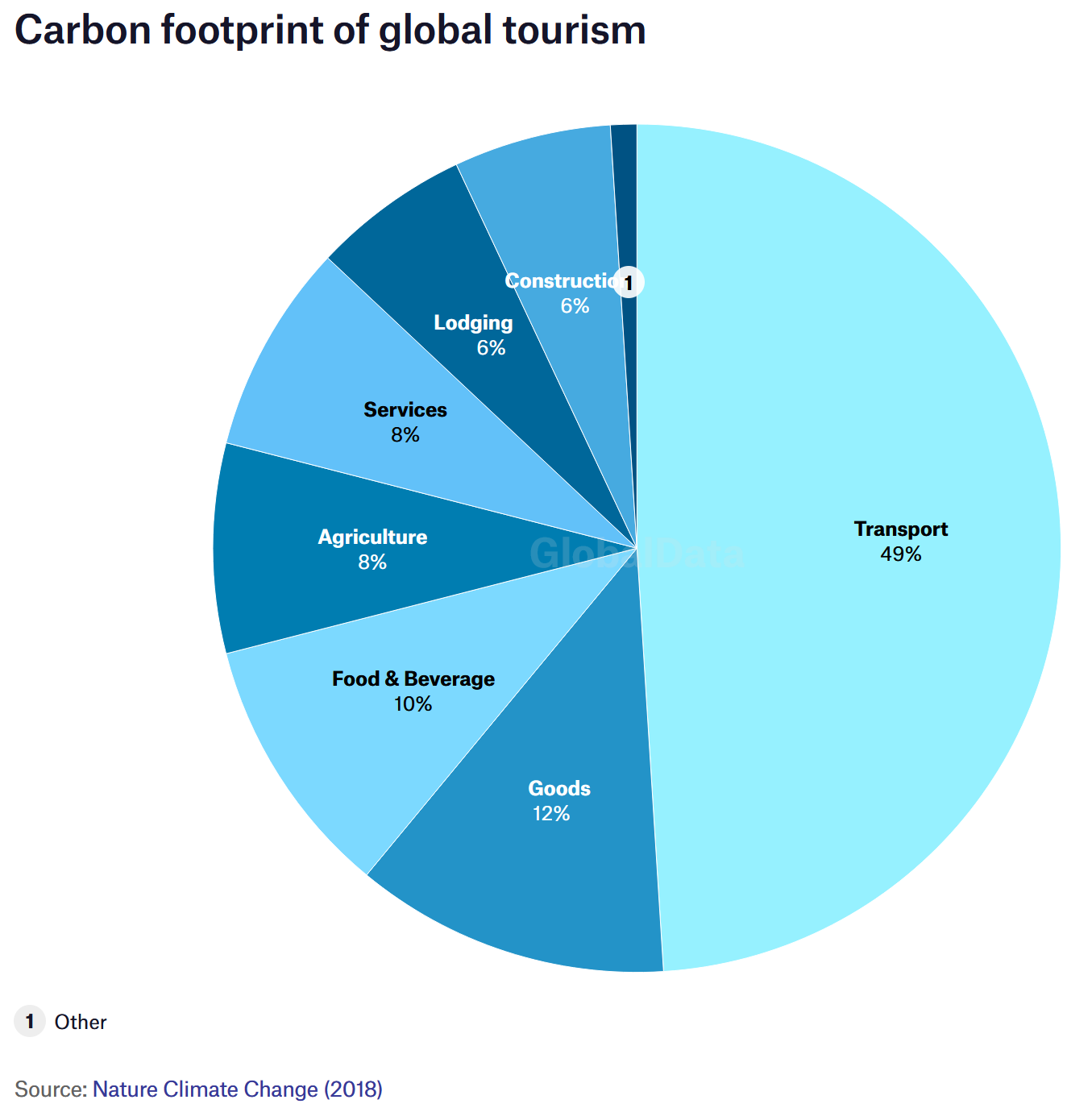Knowledge Networking Portal for Sustainable & Responsible Tourism










 COP28: is the UN climate process ignoring the tourism sector?
COP28: is the UN climate process ignoring the tourism sector?
Dave Keating November 22, 2023
Travel and tourism is a frequent climate punching bag for politicians and activists, yet there are no speakers from the sector scheduled for COP28 in Dubai.
Tourists are increasingly aware that their travels could be leaving destinations worse off than how they found them. Global tourism can have serious environmental impact, and accounts for 8% of the world’s carbon emissions, according to a 2018 report by the journal Nature Climate Change. It is also one of the fastest-growing emissions sources, with expected annual growth of 4%. However, looking at the agenda for this year’s COP28 UN climate summit in Dubai, you wouldn’t know it.
“There is nobody from the tourism industry among the speakers at the COP,” observed Ajay Prakash, president of the Travel Agents Federation of India, at a global travel agents summit in Granada, Spain, earlier this month. “This is an industry which accounts for 10% of global GDP [gross domestic product]. We are a huge industry, but we haven’t leveraged it. An industry this size ought to have a say in the affairs of the world.”
While there are speakers from the transport sector at this year’s climate summit in Dubai, there are no speakers or significant side events focused on the tourism sector – and the same was true last year at COP27 in Sharm El-Sheikh, Egypt. Year after year, the tourism sector has been outside the room, despite being not only a fairly significant emitter but also a frequent punching bag for politicians and climate activists.
The reason for this dichotomy may be that while it is very much in the spotlight, tourism’s emissions are cross-sectoral and not so easy to tackle. It may be obvious how to reduce emissions in the power sector (switch to renewables) or in construction (switch materials), but tackling emissions from tourism involves creative thinking on many different fronts.

“Travel is a fundamental need and it is not going away,” said Prakash. “The question is how do we manage it. When we talk about sustainability in tourism, it is about sustainability of the human race in the larger context. Tourism doesn’t happen in a vacuum. The entire ecosystem around us determines what you can do. In India, travel and tourism accounts for 8% of greenhouse gas emissions. Construction accounts for over 48%. It is so easy to point the finger at tourism because it is seen as elitist, but tourism is much more than people who spend $2,000 a night on a hotel room.”
The sector is trying to clean up its act, and travel agents in particular are developing specialised packages for green-minded tourists. One focus has been on reducing overtourism in saturated destinations like Venice and Barcelona, by encouraging visitors to go to more off-the-beaten-track destinations, or to visit at off-peak times. Of the world’s tourists, 80% are going to 10% of the world’s destinations, according to the start-up consultancy Murmuration. So many people flying into the same place degrades local ecosystems and natural defences against the effects of climate change. This in turn is causing worries that these oversaturated cities are going to be particularly vulnerable to climate impacts.
Source: energymonitor.ai
Picture Credit: Microsoft Bing AI photo generator.
|
|
|
| Concerned URL | https://www.energymonitor.ai/transport/cop28-is-the-un-climate-process-ignoring-the-tourism-sector/?cf-view&Top-Article-Share-Button-clicked:%20Copy%20Link&cf-closed |
|---|---|
| Address | |
| Source | energymonitor |
| Target group(s) | Destinations , Businesses , Travellers , Education, Research, Consultancy , NGOs, Partnerships, Networks , Governments & Administrations |
| Topics | Climate Change - Energy and Resource Efficiency , Travel, Transport & Mobility |














































